Invited talks
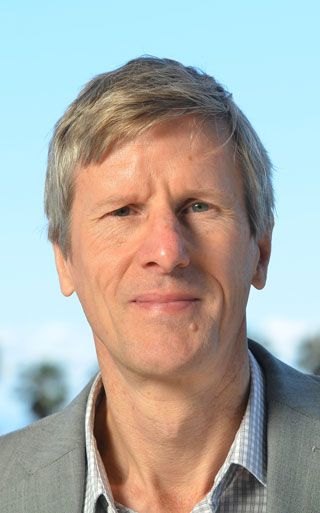
Mark R. Cutkosky
Mark R. Cutkosky is the Fletcher Jones Professor in the Mechanical Engineering Dept. at Stanford University. He joined Stanford in 1985, after working in the Robotics Institute at Carnegie Mellon University and as a design engineer at ALCOA, in Pittsburgh, PA. He received his Ph.D. from Carnegie Mellon University in 1985. He is a fellow of ASME and IEEE and an IEEE RAS Pioneeer in Robotics and Automation. Cutkosky's research activities include robotic manipulation and tactile sensing and the design and fabrication of biologically inspired robots.
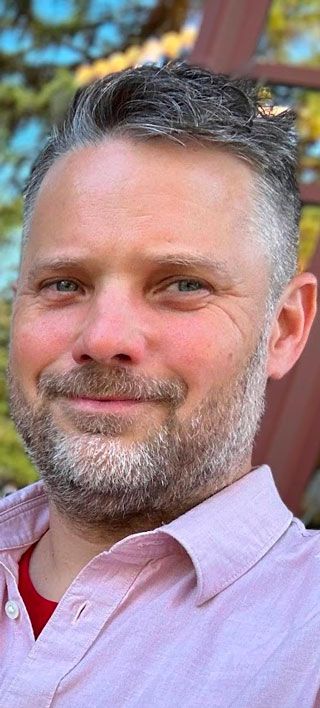
Michael T. Tolley
Michael T. Tolley is Professor in Mechanical and Aerospace Engineering, and Director of the Bioinspired Robotics and Design Lab at the Jacobs School of Engineering, UC San Diego. Before joining the mechanical engineering faculty at UCSD in the fall of 2014, he was a postdoctoral fellow at the Wyss Institute for Biologically Inspired Engineering, Harvard University. He received the Ph.D. and M.S. degrees in mechanical engineering with a minor in computer science from Cornell University in 2009 and 2011, respectively. His research seeks inspiration from nature to design robotic systems with the versatility, resilience, and efficiency of biological organisms. His work has appeared in leading academic journals including Science and Nature, and has been recognized by awards including a US Office of Naval Research Young Investigator Program award and a 3M Non-Tenured Faculty Award. He is active in the robotics community, serving in multiple associate editor and conference organizer roles including as Program Chair of the IEEE International Conference on Soft Robotics (RoboSoft) in 2020 and General Chair in 2024. Prof. Tolley is a Senior Fellow of the Institute of Electrical and Electronics Engineers (IEEE), a member of the IEEE Robotics and Automation Society (RAS), and of the American Society of Mechanical Engineers (ASME), and he is currently an IEEE RAS Distinguished Lecturer of Soft Robotics.
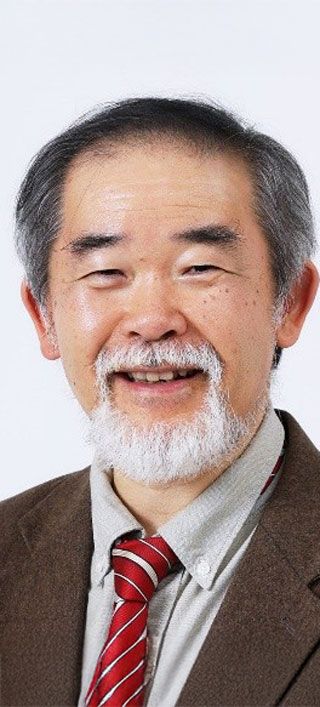
KAZUYA YOSHIDA
Professor Kazuya Yoshida received B. Eng., M. Eng. and Dr. Eng, degrees in Mechanical Engineering Science from Tokyo Institute of Technology, Japan, in 1984, 1986, and 1990, respectively. He served as Research Associate of Tokyo Institute of Technology from 1986 to 1994, and Visiting Scientist at Massachusetts Institute of Technology, U.S.A. in 1994. From 1995 to 2003 he was appointed as Associate Professor, and since 2003, he is Full Professor in Department of Aerospace Engineering, Tohoku University, Japan. In addition, he has been contributing to space robotics education for international students at International Space University in Strasbourg, France (for Master of Space Studies) and various locations around the world (for Summer Study Programs).
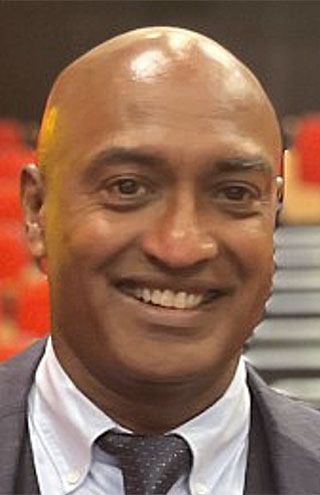
THRISHANTHA NANAYAKKARA
Thrishantha Nanayakkara is a professor of robotics, and the director of Morphlab at Imperial. He is the editor of the Handbook on Soft Robotics published by Springer Nature. His research interests are in soft robotics and mechanical intelligence.
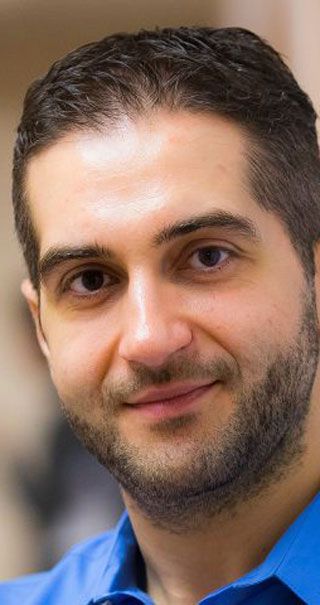
Kostas Bekris
Kostas Bekris is a Professor of Computer Science at Rutgers University in New Jersey and an Amazon Scholar with Amazon Robotics. He is working in algorithmic robotics, where his group is developing algorithms for robot planning, learning and perception especially in the context of robot manipulation problems, robots with significant dynamics and a focus on taking advantage of novel soft, adaptive mechanisms. Applications include logistics and manufacturing as well as field robotics for space exploration. He has served as Program Chair and General Chair for the Robotics: Science and Systems (RSS) conference, Program Chair for the Workshop on the Algorithmic Foundations of Robotics (WAFR) and Editor of the Intern. Journal of Robotics Research (IJRR). His research has been supported by NSF, DHS, DOD and NASA, including a NASA Early Career Faculty award.
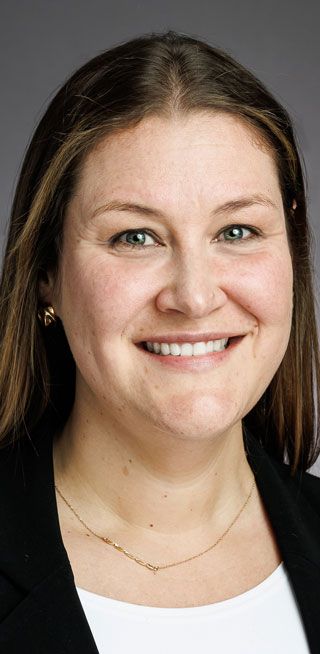
Rebecca Kramer-Bottiglio
Rebecca Kramer-Bottiglio is the John J. Lee Associate Professor of Mechanical Engineering at Yale University. She has received multiple early career awards including the NSF Career Award, the NASA Early Career Award, the AFOSR Young Investigator Award, and the ONR Young Investigator Award. She was named to the Forbes “30 under 30” list for her work on liquid metal-based stretchable electronics. She received the Presidential Early Career Award for Scientists and Engineers (PECASE), the highest honor bestowed by the U.S. government on outstanding scientists and engineers beginning their independent careers, for her development of robotic skins that turn inanimate objects into multifunctional robots. She received the Alan T. Waterman award, NSF’s highest honor for early-career scientists and engineers, “for groundbreaking contributions to robotics, particularly in advancing the understanding of how to design and build machines that evolve on demand.” She was named a National Academy of Engineering (NAE) Gilbreth Lecturer in 2022 and a National Academy of Science (NAS) Kavli Fellow in 2023. She also serves on the Technology, Innovation & Engineering Committee of the NASA Advisory Council.
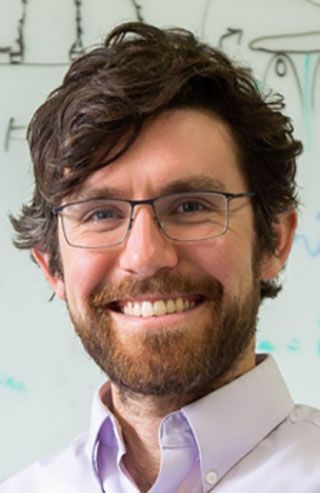
Elliot W. Hawkes
Elliot W. Hawkes received the A.B. degree from Harvard University, Cambridge, MA, USA, in 2009, and the M.S. and Ph.D. degrees from Stanford University, Stanford, CA, USA, in 2012 and 2015, respectively, all in mechanical engineering. He is currently an Associate Professor with the Department of Mechanical Engineering, University of California, Santa Barbara, CA. His research interests include compliant robot body design, mechanism design, nontraditional materials, artificial muscles, directional adhesion, and growing robots. Dr. Hawkes was the recipient of the NSF CAREER Award in 2020.
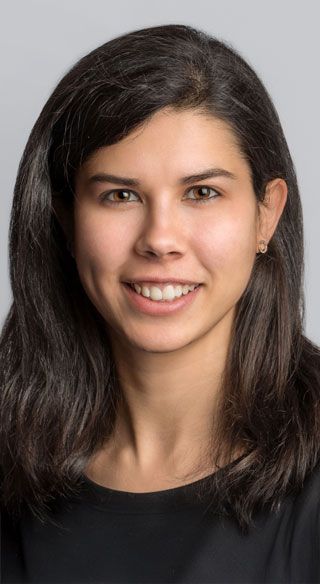
Eleonora Botta
Eleonora Botta is an Assistant Professor in the Department of Mechanical and Aerospace Engineering at the University at Buffalo, NY. She received a B.Eng. degree in Aerospace Engineering and a M.S. degree in Space Engineering from Politecnico di Milano, and a Ph.D. in Mechanical Engineering from McGill University. Dr. Botta’s research and teaching interests are in dynamics and controls. Her main research areas are tethered space systems and active debris removal, but she is also interested in spacecraft trajectory optimization and formation flying. She is a member of the American Astronautical Society and of AIAA, serves as the Chair of the AIAA Space Tethers Technical Committee, and is a member of the AAS Space Flight Mechanics Committee. She currently serves as an associate editor for the Journal of Spacecraft and Rockets and for Advances in Space Research.
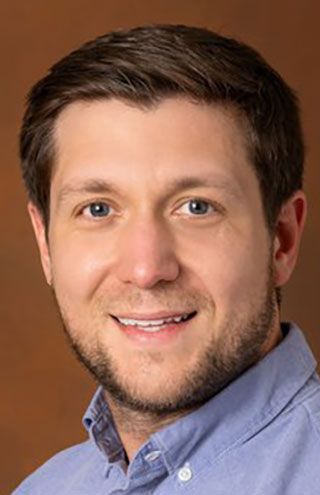
Paul Glick
Paul Glick completed his Ph.D. in 2021 at UC San Diego in the Bioinspired Robotics and Design Lab. He is now a Robotics Mechanical Engineer in the Extreme Environment Robotic Systems group at NASA’s Jet Propulsion Laboratory. In this role he works on a range of research and flight tasks. These include COLDArm, a cold-operable robotic arm for the Moon, and operations for the Curiosity Rover. Additionally, he leads IceNode, a project designed to study sea level rise from underneath Antarctica’s ice sheets
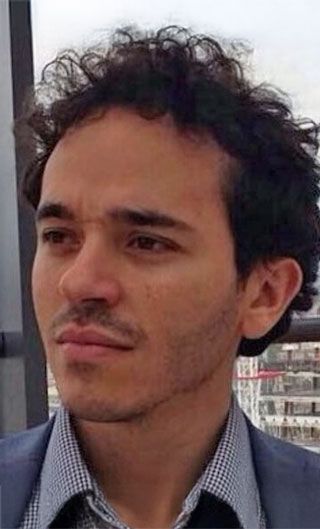
Egidio Falotico
Dr. Egidio Falotico is a Tenure-Track Assistant Professor at The BioRobotics Institute, Scuola Superiore Sant’Anna, Pisa, Italy. He holds a double Ph.D. in Biorobotics and Cognitive Science. He has been involved in multiple European and national projects focused on biologically inspired control, embodied intelligence, and neural models for robotics. He leads the Brain-Inspired Robotics (BRAIR) Lab, which develops AI-driven control strategies for complex robotic systems. His research focuses on brain-inspired models and artificial intelligence for the control of both soft and rigid robots, enhancing their autonomy and adaptability.
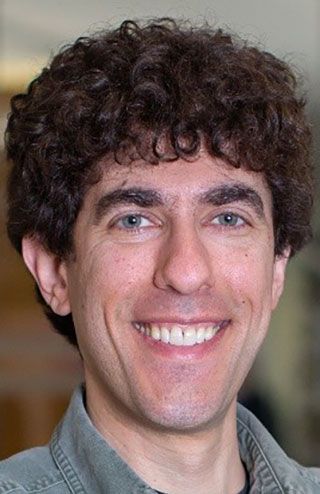
Justin Werfel
Justin Werfel is a Senior Research Fellow at Harvard University, where he leads the Designing Emergence Laboratory. His research group investigates the understanding and design of complex and emergent systems, with work in areas including swarm robotics, social animal behavior, evolutionary theory, engineered molecular nanosystems, and educational technology. He also leads the robotics effort of the Resilient Extra-Terrestrial Habitats Institute, a NASA Space Technology Research Institute representing a collaboration across five universities. His work has been featured by numerous national and international media, highlighted among Science's "top 10 scientific achievements of 2014", and denounced by a former assistant secretary of the US Treasury as "an enemy of the human race."

